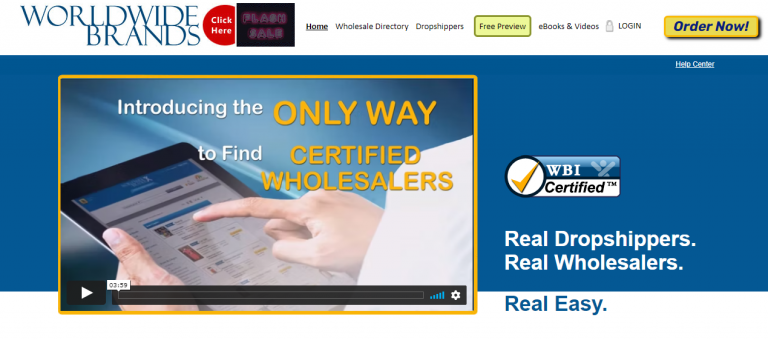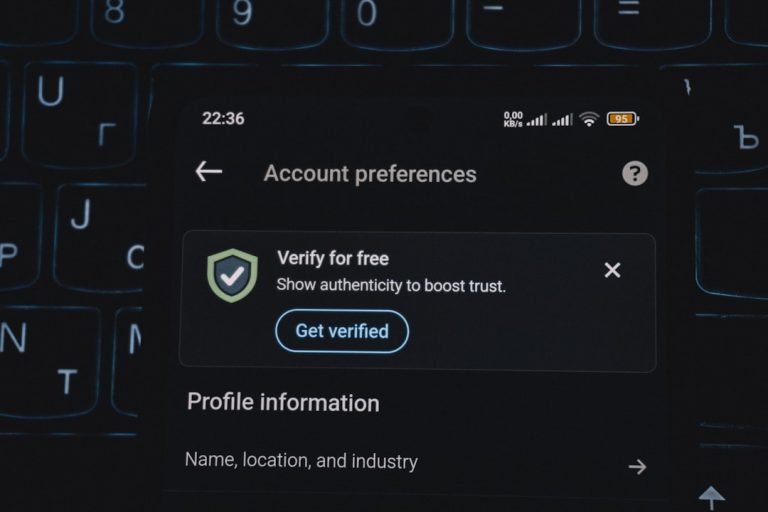In today’s hyper-competitive market, brands must rise above the noise to catch the attention of consumers. With countless products and services vying for limited customer attention, businesses that fail to differentiate themselves risk becoming irrelevant or overlooked. Differentiation is not just about standing out—it’s about creating a unique identity that resonates with a specific target audience and clearly communicates why a brand is the better choice.
Brand differentiation is the process of distinguishing a brand from its competitors in ways that are meaningful to customers. It involves defining what makes a brand unique—be it through its values, products, customer service, design, or pricing strategy—and articulating this uniqueness clearly and consistently across all customer touchpoints.

Why Brand Differentiation Is Essential
There are several compelling reasons why brands must differentiate themselves:
- To Gain Competitive Advantage: In crowded marketplaces, only brands with a unique proposition stand out. Differentiation allows businesses to attract attention and convince consumers to choose their product or service over another.
- To Build Customer Loyalty: When customers connect with a brand’s unique values or attributes, they are more likely to remain loyal and advocate for it.
- To Justify Premium Pricing: Brands that are perceived as offering something distinct often have the freedom to command higher prices. Unique features, superior service, or a compelling story can support premium positioning.
- To Enhance Brand Recall: A clearly differentiated brand is easier to remember. Memorable branding drives repeat business and increases word-of-mouth referrals.
How Brands Can Differentiate Themselves
There are various strategies brands can use to set themselves apart from the competition. The key is to identify what aligns best with both the brand’s essence and the needs and preferences of its target audience.
- Unique Value Proposition (UVP): A UVP summarizes why a customer should choose a product. It outlines what makes the offering different—and better—than competitors.
- Brand Personality and Voice: A distinct tone or personality helps humanize a brand, making it more relatable. Whether it’s professional, playful, rebellious, or compassionate, the brand’s voice should align with its target market.
- Product Features: Innovations in features, functionality, or design can provide a measurable advantage. Improved durability, ease of use, or performance all contribute to differentiation.
- Customer Experience: How customers are treated before, during, and after the sale can become a brand’s defining quality. Exceptional service creates lasting impressions.
- Social and Ethical Positioning: Brands that align with specific causes—sustainability, social justice, or community involvement—can build a powerful emotional connection with like-minded consumers.

Benefits of Effective Differentiation
Brands that successfully differentiate themselves enjoy several benefits:
- Stronger customer loyalty
- Greater pricing flexibility
- Improved market positioning
- Increased perceived value
- Enhanced brand equity
Ultimately, differentiation allows brands to own a niche in the minds of their consumers. It leads to a more focused marketing strategy and helps businesses grow sustainably by building lasting relationships with customers.
Conclusion
In a world where options are endless, differentiation is not just a smart tactic—it’s a necessity. Brands must actively define what sets them apart and communicate this through every branding decision. By emphasizing their unique strengths, businesses can build trust, strengthen their identity, and drive long-term success.
Frequently Asked Questions (FAQ)
- Q: What is brand differentiation?
A: Brand differentiation is the process of distinguishing a brand from its competitors by emphasizing unique qualities that resonate with a target audience. - Q: Why is it important for brands to differentiate?
A: Differentiation helps brands stand out in the market, build loyalty, justify higher prices, and create stronger customer connections. - Q: How can a brand differentiate itself?
A: Strategies include developing a unique value proposition, using a distinctive tone of voice, offering innovative features, creating memorable experiences, and supporting social causes. - Q: Can every brand find a way to differentiate?
A: Yes. Every brand has the opportunity to identify and highlight attributes or values that make it unique in the eyes of its audience. - Q: Is differentiation a one-time task?
A: No. It is an ongoing process that evolves with market trends, consumer behavior, and brand growth.




